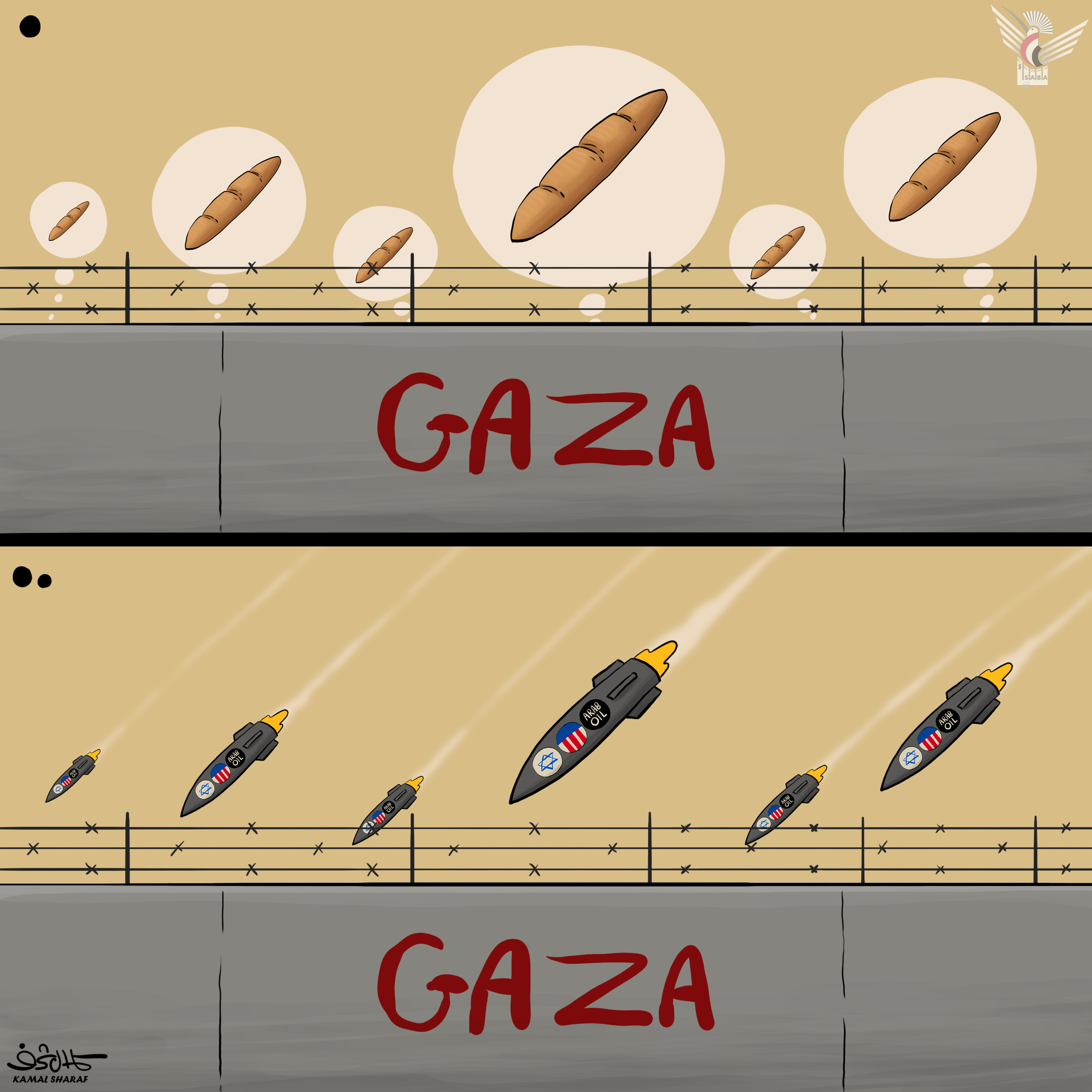Paris - Saba:
Agence France-Presse (AFP) warned that its freelance reporters in the Gaza Strip are now facing the risk of dying from hunger due to worsening living conditions amid the ongoing siege and the collapse of basic services.
In an official statement on Tuesday, the agency said its team in Gaza includes one text writer, three photographers, and six freelance videographers—among the very few still reporting from inside the Strip since international press access was barred nearly a year and a half ago.
The statement added: “We refuse to watch them die,” noting that some of the team members no longer have the physical strength to move and cover events, and their health is rapidly deteriorating.
The statement highlighted the suffering of Bashar, a 30-year-old photographer who has worked with the agency since 2010.
He recently wrote on Facebook: “I no longer have the strength to work... my body is thin and I can’t go on.”
Bashar lives in the rubble of his home in Gaza with his large family amid the absence of water, electricity, and food.
He recently reported that his older brother “collapsed from hunger.”
Despite receiving monthly salaries, they are no longer sufficient to cover skyrocketing prices—especially with the banking system down and nearly 40% of the transferred funds being deducted by intermediaries.
The statement continued: “Our reporters travel on foot or by donkey cart, as traveling by car could make them targets for Israeli airstrikes.”
It noted that reporter Ahlam, from the southern part of the Strip, said: “I don’t know if I’ll come back alive every time I leave the tent.”
“They are young… but they are falling apart,” the agency concluded, warning that the journalists’ ability to deliver the truth to the world is vanishing, and their lives are now under direct threat.
Ahlam added: “I try to keep working, to give people a voice, and document the truth despite all attempts to silence it. Resistance is not a choice—it’s a necessity.”
The agency concluded its statement by noting that since its founding in 1944, and despite years of work in conflict zones, it has never before faced the possibility of losing staff members to starvation.

| more of (International) |




